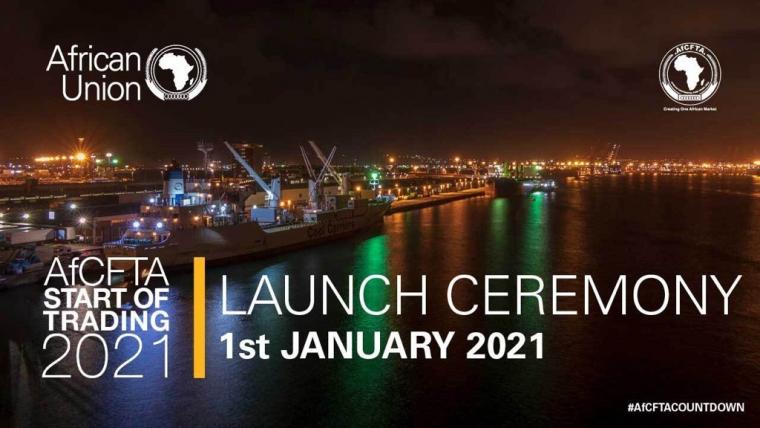Topic Resources
Agenda 2063 is Africa’s development blueprint to achieve inclusive and sustainable socio-economic development over a 50-year period.
The African Guidelines on Integrating Data Provisions in Digital Trade Protocols are part of the broader framework established by the AfC
ECOWAS LABOUR MIGRATION STRATEGY AND ACTION PLAN (2025–2035)
AFRICAN UNION CONFERENCE ON DEBT
LOME, TOGO
12th to 14th May 2025










